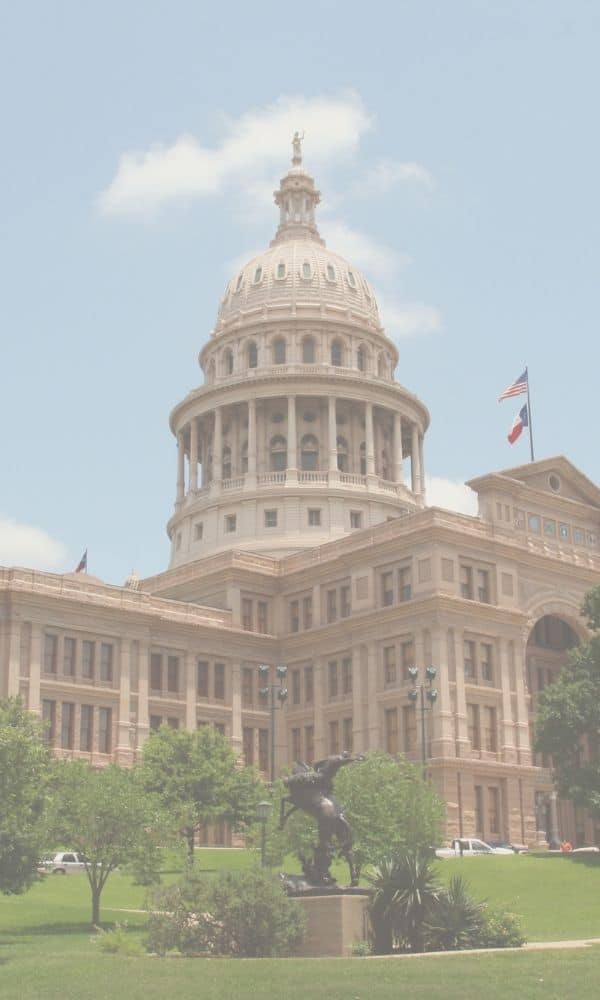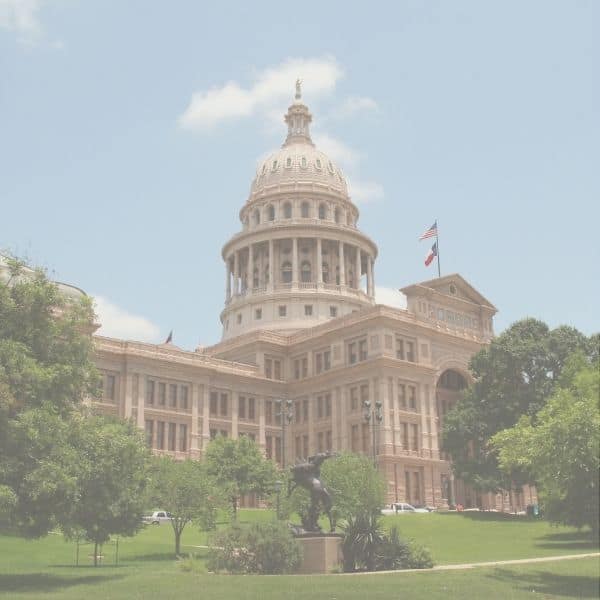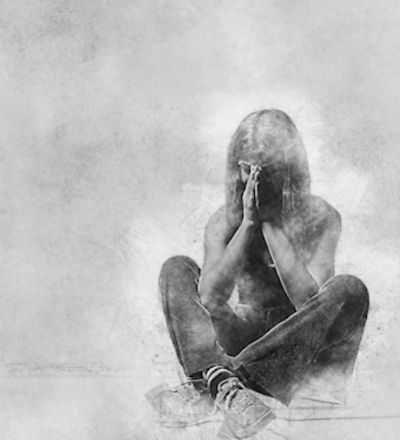Donate
These reports represent hundreds of hours of research by the Unsilenced Investigative Research Team. As you review this report, please consider donating. Your contribution will help us continue our work advocating for survivors and youth. Every donation makes an impact, no matter the size. Thank you for your support!
Completed by:
The Unsilenced Investigative Research Team
The Troubled Teen Industry in Texas
Impact Report
2022
Impact Report
2022
Introduction
The ‘troubled teen’ industry is a network of residential programs that claim to provide treatment for the behavioral and developmental needs of youth. The industry’s lack of transparency and accountability has led to widespread abuse of youth, resulting in hospitalizations, prolonged trauma and death.
Today, there are an estimated 120,000 – 200,000 minors in residential programs across the United States. These youth are placed each year by state child welfare agencies, juvenile justice courts, mental health providers, refugee resettlement agencies, school districts’ individualized education programs, and by parents.
Many of these youth have trauma histories, which are only exacerbated by being removed from their communities and institutionalized. Youth with lived experience describe these programs as being carceral, harsh, and abusive.
An estimated $23 billion dollars of public funds annually are used to place youth in residential programs. Daily rates for residential treatment ranges from $250-$800, costing up to $292,000 per year, per child.
It is overwhelmingly clear that our communities and agencies are over-relying on residential placements that are negatively impacting the youth they serve.
Introduction
The ‘troubled teen’ industry is a network of residential programs that claim to provide treatment for the behavioral and developmental needs of youth. The industry’s lack of transparency and accountability has led to widespread abuse of youth, resulting in hospitalizations, prolonged trauma and death.
Today, there are an estimated 120,000 – 200,000 minors in residential programs across the United States. These youth are placed each year by state child welfare agencies, juvenile justice courts, mental health providers, refugee resettlement agencies, school districts’ individualized education programs, and by parents.
Many of these youth have trauma histories, which are only exacerbated by being removed from their communities and institutionalized. Youth with lived experience describe these programs as being carceral, harsh, and abusive.
An estimated $23 billion dollars of public funds annually are used to place youth in residential programs. Daily rates for residential treatment ranges from $250-$800, costing up to $292,000 per year, per child.
It is overwhelmingly clear that our communities and agencies are over-relying on residential placements that are negatively impacting the youth they serve.

Texas Statistics
$439+
Million Dollars
Federal funds spent on out-of-home child placement for Texas youth in 2018
$382+
Million Dollars
State/local funds spent on out-of-home child placement for Texas youth in 2018
$400
Per Day Per Child
Texas pays facilities per day for a child in a residential treatment center
15,728
Children Under 12
placed in residential facilities through Child Welfare programs in 2019
3,699
Juvenile Justice Youth
placed in residential facilities through Juvenile Justice programs in 2019
- 1,953 minors were committed to a residential facility as part of a court ordered disposition
- 1,722 minors were detained in a residential facility while awaiting a court hearing, adjudication, disposition or placement elsewhere
- 18 minors were voluntarily admitted to a residential facility in lieu of adjudication as part of a diversion agreement

Texas Statistics
$439+
Million Dollars
Federal funds spent on out-of-home child placement for Texas youth in 2018
$382+
Million Dollars
State/local funds spent on out-of-home child placement for Texas youth in 2018
$400
Per Day Per Child
Texas pays facilities per day for a child in a residential treatment center
15,728
Children Under 12
placed in residential facilities through Child Welfare programs in 2019
3,699
Juvenile Justice Youth
placed in residential facilities through Juvenile Justice programs in 2019
- 1,953 minors were committed to a residential facility as part of a court ordered disposition
- 1,722 minors were detained in a residential facility while awaiting a court hearing, adjudication, disposition or placement elsewhere
- 18 minors were voluntarily admitted to a residential facility in lieu of adjudication as part of a diversion agreement
A Texas Problem
A team of researchers reviewed 230 studies of residential treatment facilities from around the nation and found there was no evidence that they were effective.
In 2019, Texas was home to 7,399,810 minors, including 32,642 minors in foster care.
Texas has 264 Licensed Residential Facilities with a total capacity for 9178 minors. The facility types with the highest capacity for housing minors in Texas are:
- 107 Residential Treatment Centers with a capacity for 3,324 minors
- 81 Multiple Service Facilities with a capacity for 3,242 minors
- 32 Child-care facility with a capacity for 1,651 minors
Texas recently sent 106 foster children out of state after failing to find in state placement

Illustration by Spencer Holladay, USA Today Network; Getty Images
“Many kids don’t get help. Others never needed institutional care in the first place.”
Fred Clasen-Kelly, Amritpal Kaur Sandhu-Longoria, Rachel Berry, Brad Zinn, Kristen Johnson, Brian Gordon
The Fayetteville Observer
Current Oversight
Texas requires Residential Facilities serving minors to obtain a license but does not provide adequate oversight.
Child Protective Caseworkers (CPI/CPS) Number of Caseworkers
- Child Protective Investigators: 2,687
- Residential Child Care Investigators: 84
- Day Care Investigators: 26
- CPS Caseworkers: 3,780
The Texas Health and Human Services is responsible for licensing child-caring institutions and residential child-care facilities that serve minors. The Texas Department of Family and Protective Services (DFPS) – Chapter 745 Minimum Standards.
General Residential Operations (GRO) includes Residential portion of Therapeutic Boarding schools
- 32 Child-care facility – 1,651 Minors
- 44 Emergency Care Service – 961 Minors
- 107 Residential Treatment Center (RTC) – 3,324 Minors (Includes Therapeutic Boarding schools)
- 81 Multiple Service Facilities – 3,242 Minors
- 2 Wilderness Therapy Camps
The Health and Human Services Commission is responsible for developing rules that establish minimum standards for licensing requirements for private psychiatric hospitals. a) Routine surveys. The department may conduct a survey of a facility prior to the issuance of a license.
Abuse and Neglect
Youth residing in Residential Facilities in Texas are at-risk for abuse, neglect and long-term harm.
Texas determined that at least 150 Group Home and Residential Facility Staff Members and 100 Foster Parents caused or knowingly allowed the maltreatment of a child in 2019.
Media Coverage
- Dec 5th, 2017 How Christian Reform Schools Get Away with Brutal Child Abuse VICE Nile Cappello
- Nov 8th, 2019 Judge, plaintiffs’ lawyers upset over photo of ‘suicide watch’ room at Texas foster care facility The Dallas Morning News Robert Garrett
- Sept 30th, 2020 After a teen’s death, Texas cuts ties with a rural foster care facility, then gets a tongue-lashing from a federal judge The Texas Tribune Edgar Walters
- Jan 8th, 2021 Gov. Abbott speaks up about issues putting children at risk in Texas Foster Care KVUE Toni Larned
- Feb 10th, 2021 Chaos, riots, arrests of children at private foster treatment facility outrage judge, state leaders The Dallas Morning News Robert Garrett
- Apr 5th, 2021 A New Podcast Dives into the World of Painful Abuse at a Texas Boarding School Dallas Observer Tyler Hicks
- Sept 14th, 2021 Federal judge blasts Texas leaders for foster care failures and blaming bed shortage on her orders The Dallas Morning News Robert Garrett
- Sept 9th, 2021 ‘My child was being taken.’ 1,500 Austin kids forced into mental health facilities KXAN Kelly Wiley, Dalton Huey
- Oct 11th, 2021 The Shadow Penal System for Struggling Kids The New Yorker Rachel Aviv
- Oct 26th, 2021 Professor says allegations of abuse are nothing new in Texas juvenile detention system Texas Standard Rhonda Fanning, David Brown, and Alexandra Hart
- Dec 7th, 2021 Lawsuit Filed Against Devereux Behavioral Health Alleging Years of Sexual Abuse Went Ignored Pennsylvania Injury Law News Laurence Banville
- Mar 11th, 2022 Victims of sex trafficking allegedly trafficked again in state-contracted treatment facility Houston Public Media Paul Flahive
- Mar 16th, 2022 Texas Rangers confirm investigation into nude photos of children at Bastrop shelter but find “no evidence” of sex abuse The Texas Tribune Reese Oxner
- Mar 16th, 2022 Texas CPS department’s culture kept worries about now-shuttered foster care facility from being addressed, official says The Texas Tribune Reese Oxner
- Mar 28th, 2022 Child welfare monitors say there’s “ample evidence” kids were abused at Bastrop foster care facility, disputing Texas Rangers The Texas Tribune Reese Oxner
Additional Information
Unsilenced Program Database: Texas Programs
Contact: info@unsilenced.org
The information provided within UnSilenced.org is for general informational purposes only. All information is provided in good faith. However, we do not warrant, endorse, guarantee, or assume responsibility for the accuracy or reliability of any information offered by third-party posters, testimonials, comments, or submissions. Most information posted reflects the opinion of the writer and does not directly reflect the views, or positions of the owners of UnSilenced.org
Read More
